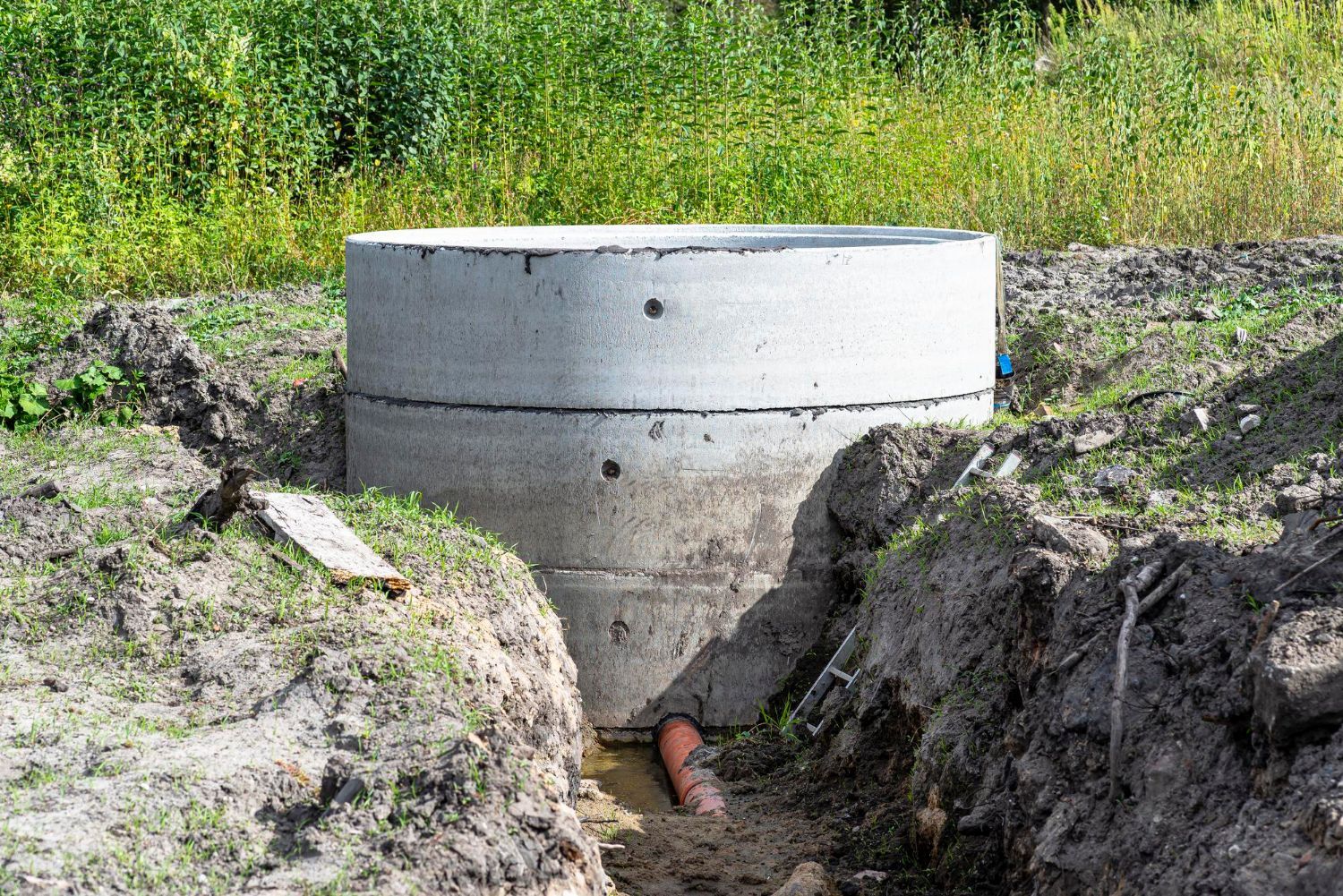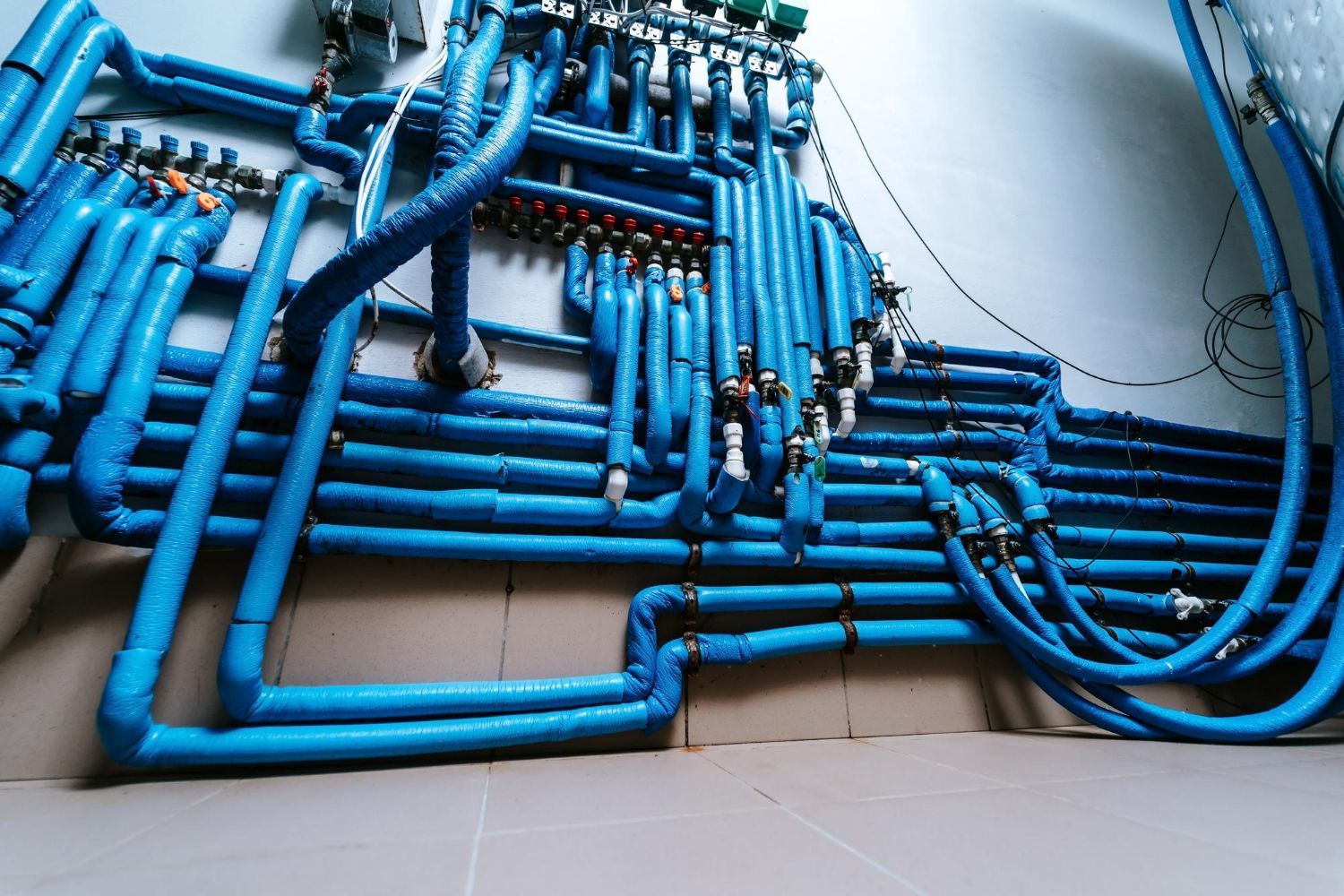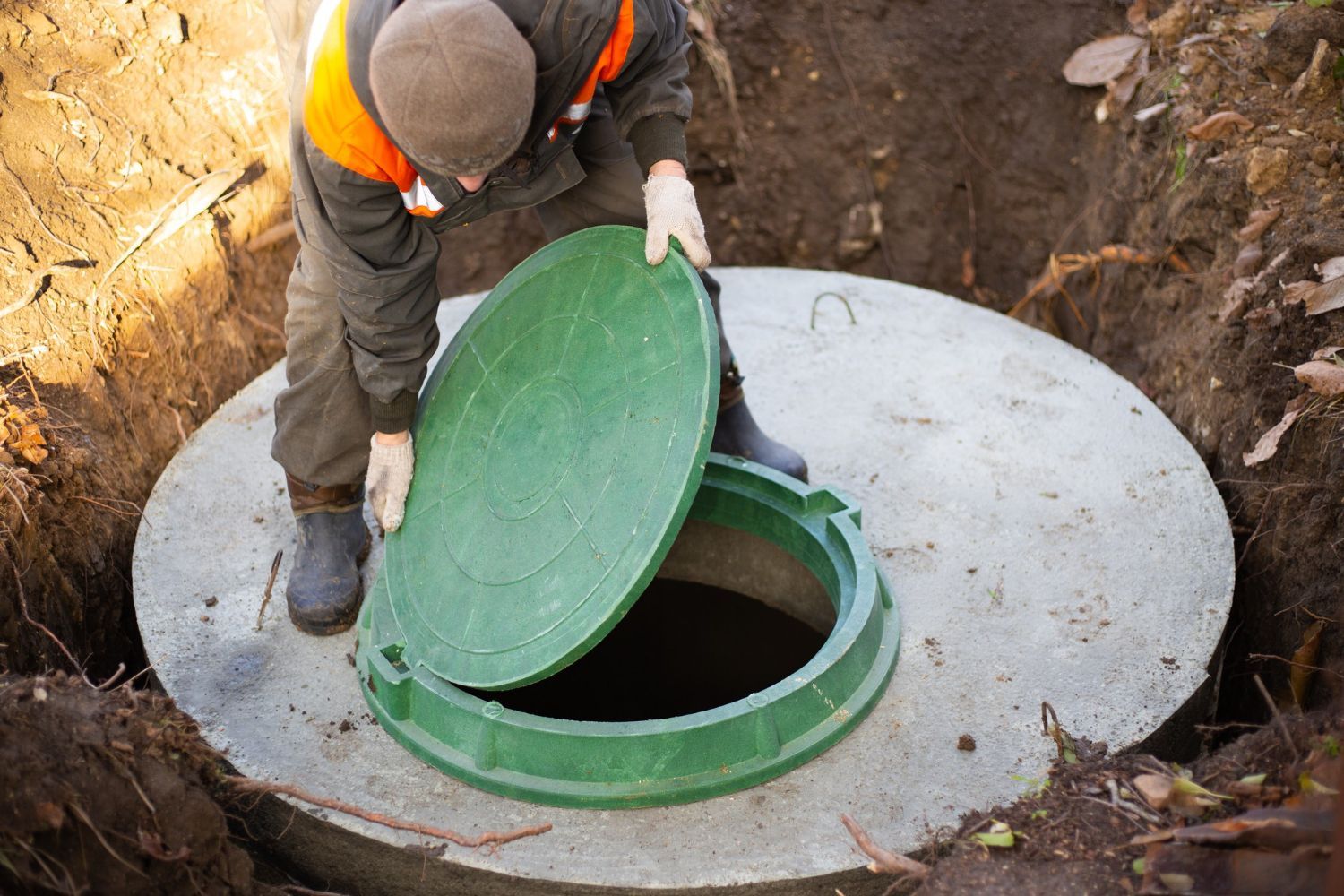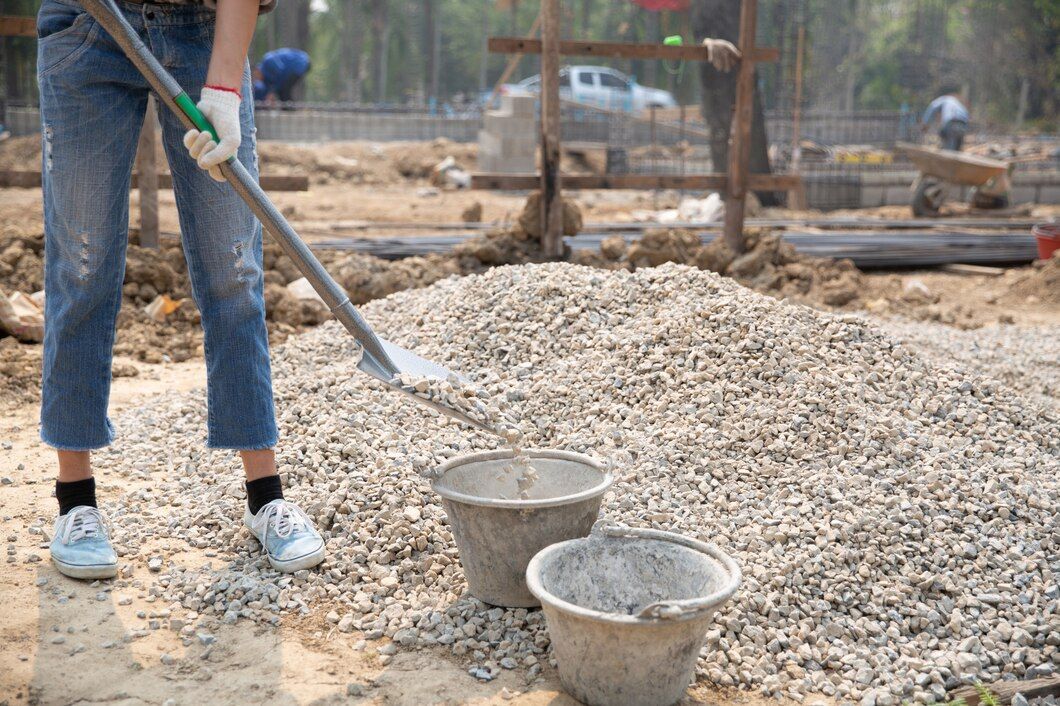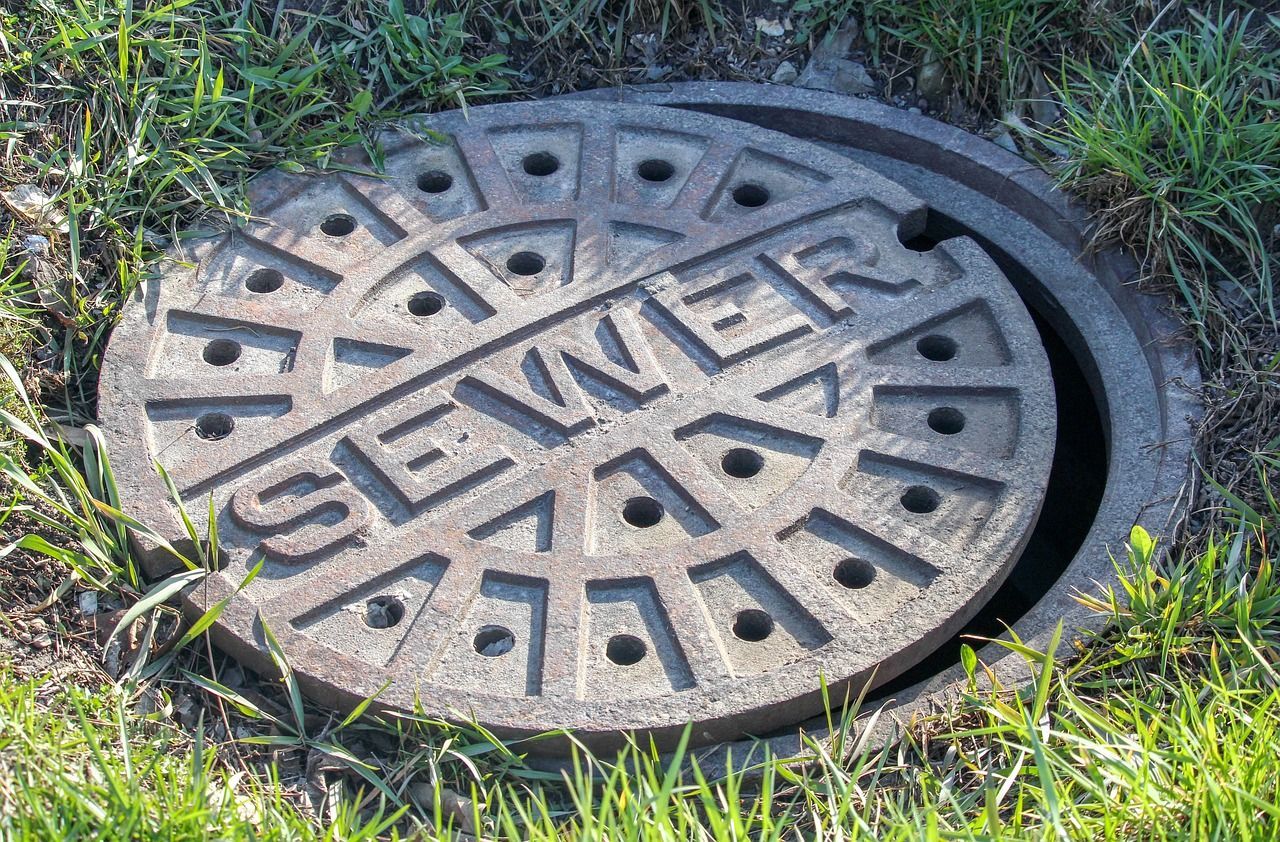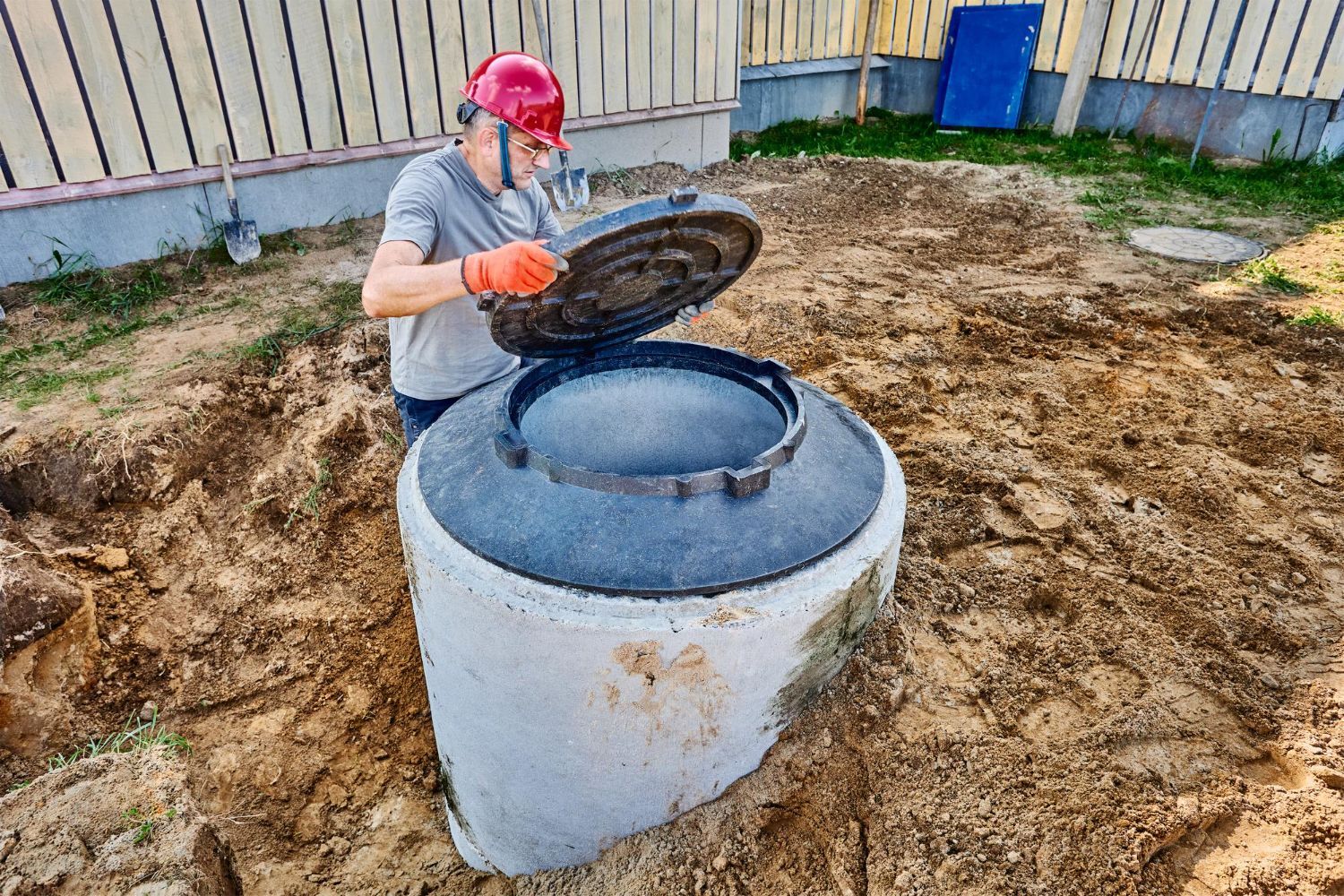How to Tell If Your Septic System Needs Help
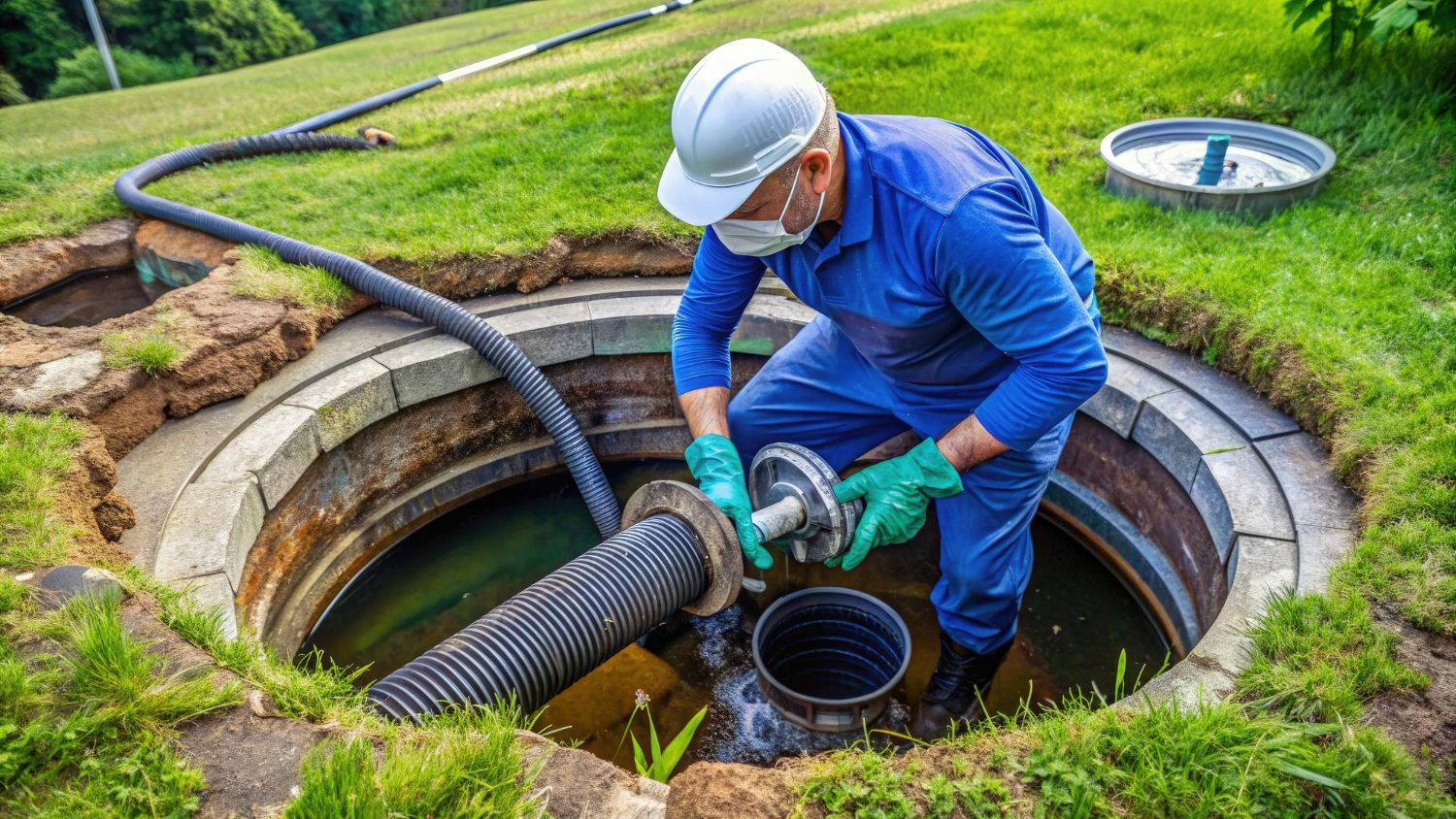
Your septic system is a crucial part of your home's plumbing. It handles waste effectively but needs proper care and attention. Ignoring signs of trouble can lead to expensive repairs and health risks. Knowing how to recognize when your septic system needs help ensures it runs smoothly and prevents serious problems.
Understanding what to look for can save you time and money. There are many common signs that indicate your septic system might be in trouble. These signs, if caught early, can be addressed before they become major issues. Regular checks can also help maintain the system, extending its life and functionality.
Sometimes, it's not just a matter of spotting the signs. Understanding the causes of septic system issues helps in preventing them from happening in the first place. Knowing when to call a professional is also key. While some tasks can be handled by yourself, others require expert intervention. By learning these essentials, you will be better equipped to keep your septic system in top shape, ensuring your home remains a safe and comfortable space.
Recognizing Common Signs of Septic System Problems
Identifying issues with your septic system early can save you a lot of trouble in the long run. One of the most noticeable signs is slow drains. If sinks, tubs, or toilets are draining slowly, this can indicate a blockage or a full septic tank. Frequent backups in your plumbing are another clear sign that something is wrong.
Unpleasant odors are a major red flag. If you smell sewage inside your home or around the septic tank area, it means your septic system might be leaking or failing. Pay attention to wet or soggy areas in your yard, especially near the drain field. This can indicate a blockage or a problem with the drain field itself.
Another sign is the lushness of grass over your septic tank area. While green grass might seem like a good thing, overly lush patches can signal a leak from your septic system. This leak acts as a fertilizer, causing the grass to grow more than usual. By recognizing these signs early, you can address potential issues before they escalate, keeping your septic system functioning well.
How to Perform a Simple Septic System Check
Performing regular checks on your septic system helps you stay on top of potential issues. Start by inspecting the area around your septic tank and drain field. Look for any unusual wet spots or lush grass that could indicate a leak. Make sure the tank cover is securely in place and not cracked or damaged.
Listen for gurgling sounds coming from your plumbing. This noise can be a warning sign of a full septic tank or a blockage in the pipes. Also, check the water level inside the tank using a pole or stick. If the level is higher than usual, it may signal that the tank needs pumping or there's another issue hindering its function.
Next, pay attention to how your household drains are working. Flush toilets and run water in sinks and tubs. If you notice any slow drainage or backups, it’s time to investigate further. Regularly performing these simple checks helps you catch problems early and keep your septic system in good working order.
Understanding the Causes of Septic System Issues
Knowing what causes septic system problems helps in preventing them. One common cause is the overuse of water. When you use too much water in a short period, your septic system can't handle it efficiently. This can lead to backups and slow drainage. Spread out your water usage throughout the day to give your system time to process.
Non-biodegradable items flushed down the toilet or poured down the drain are major causes of septic issues. Products like paper towels, cat litter, and grease don't break down easily and can clog the system. Always dispose of these items in the trash to avoid creating blockages.
Tree roots can create problems by invading your septic system. Roots naturally grow toward sources of water, and they can penetrate and block the pipes. Regular inspections can help you catch this issue early. Additionally, household chemicals can harm the good bacteria in your septic tank, affecting its ability to break down waste. Avoid using harsh chemicals whenever possible.
When to Call a Professional for Septic System Help
Sometimes, septic system issues are too complex to handle on your own. Knowing when to call a professional can save your system from further damage. If you notice multiple drain backups, it's time to get expert help. This could indicate a significant blockage or a full tank that needs pumping.
Sewage odors around your property or inside your home are another clear sign you need professional assistance. These smells can indicate a serious leak or failure in your septic system. Professionals have the tools and knowledge to address these issues effectively.
Frequent standing water in your yard, especially near the septic tank or drain field, is also a cause for concern. This could be a sign of a failing drain field or a broken pipe. Having a professional inspect and fix these problems ensures the job is done correctly. Don't wait until minor issues become major repairs; call a professional when you see these warning signs.
Conclusion
Keeping your septic system in good shape is essential for the smooth functioning of your home's plumbing. Recognizing signs of trouble, performing regular checks, and understanding the causes of issues can help prevent major problems. It’s also crucial to know when to call a professional to avoid worsening the situation.
A well-maintained septic system saves you time, money, and stress. By following these tips, you ensure that your septic system works efficiently, providing a clean and safe environment for your household. Regular inspections and prompt attention to issues are key to maintaining a healthy septic system.
If you need expert help with your septic system, reach out to Apollo Sewer & Plumbing. Our experienced team of
plumbers in Keyport, NJ, is ready to assist you with any septic issues you may encounter. Contact us today to keep your system running smoothly.

